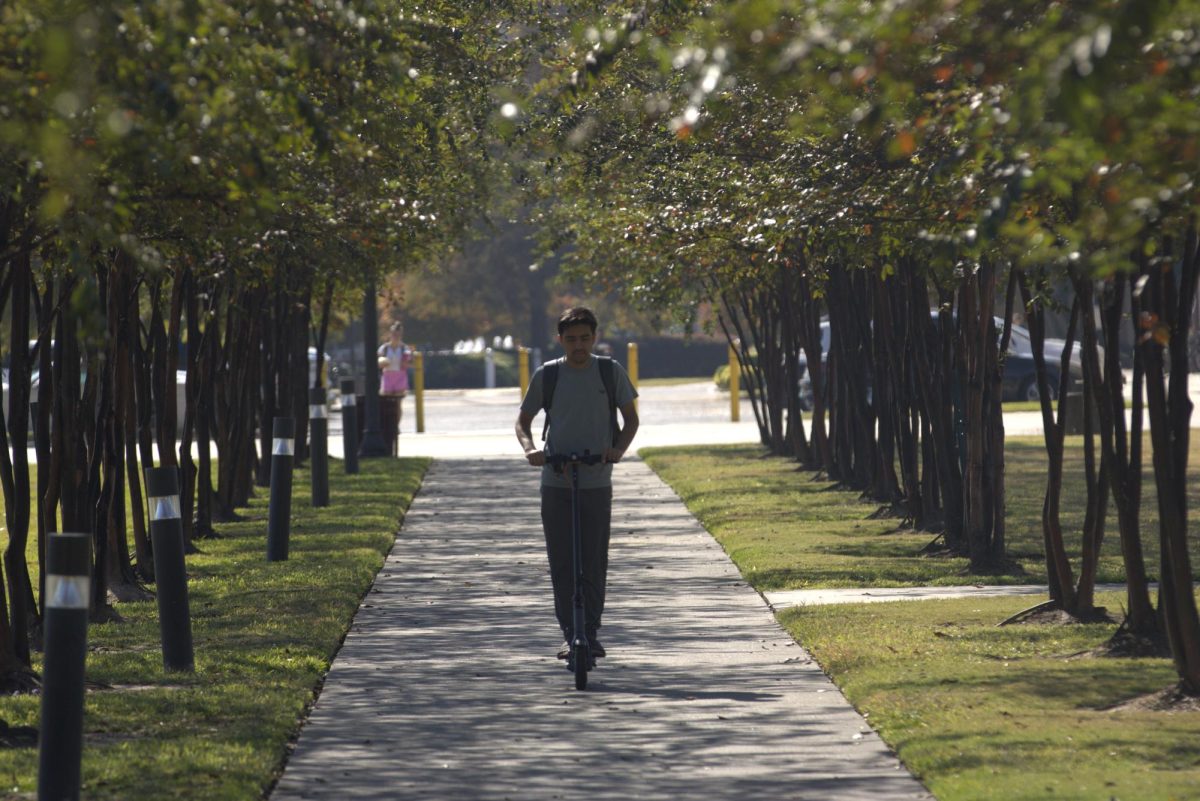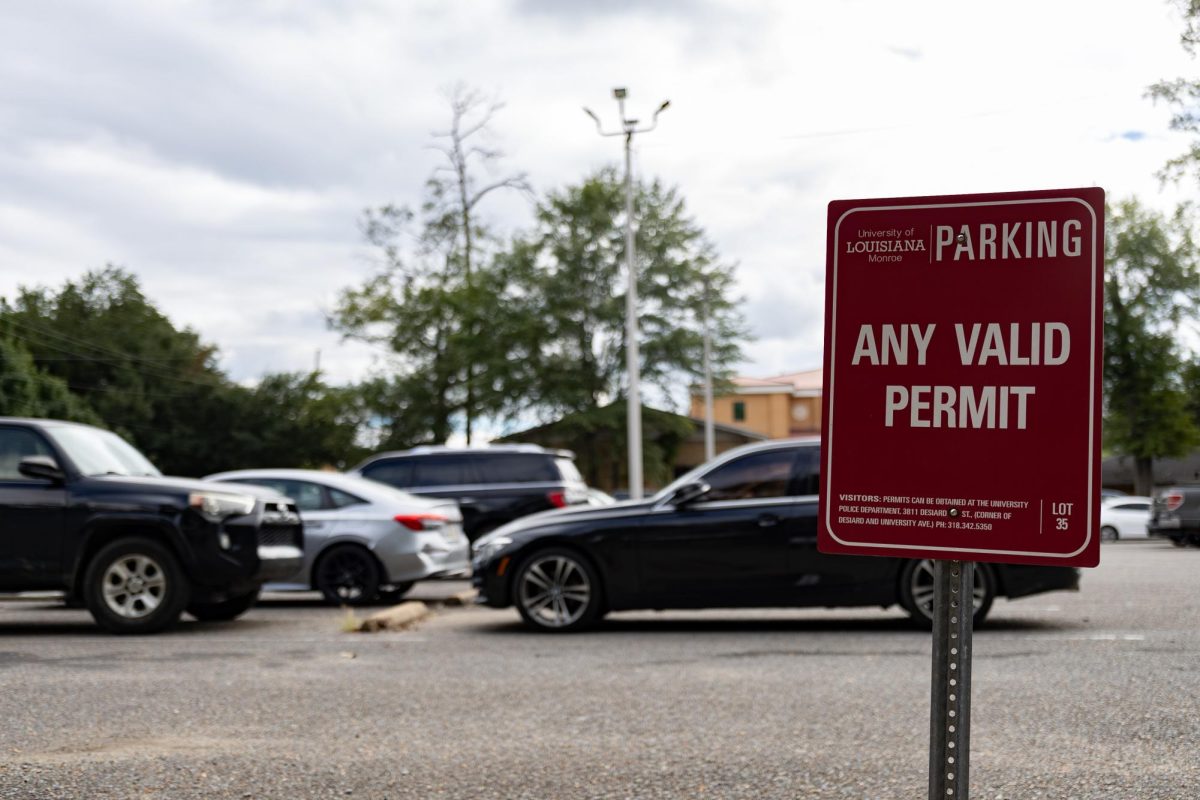Why can we have the acronym “TMI,” meaning “too much information and not “TME,” or “too many emails?”
ULM’s email system is a major problem for students on campus because they congest our inboxes, making it more difficult to find the important messages that we actually need.
I wake up between 7:30 and 8:00 AM every day, and the first thing that I do is check my email. Why is it that I have more than eight emails every morning?
I wish that were the end of it, but unfortunately, in the distance I can hear ULM’s villainous laughter at my daily suffering as it turns into an amused cackle at the mention of my dream.
Before 12:00 PM even rolls around, I usually have around 15 emails in my inbox. Then, by the end of the school day at 5:00 PM, I have another 12 or so waiting for me. I even get messages from Grubhub between 12:00 and 3:00 AM, and these messages do not even stop over the weekend.
ULM must be in cahoots with a “Mass Emailing at College Campuses Network” because junior interdisciplinary studies major Kaitlyn Lapeyrouse describes the same issue at her school, Nicholls State University in Thibodeaux, Louisiana.
“I am a person that cannot stand the red number on apps that signifies notifications,” Lapeyrouse said. “If I am studying or working on schoolwork, I have to take the time to open each email and clear the number because I do not know if the email is an important announcement or just spam.
Junior toxicology major Brooke Barrett thinks that ULM could take all the bulk information for the day or week and put it into one massive email.
“We already get multiple mass emails a day that contain the same information,” Barrett said. “If multiple offices just took the time to create a daily flyer or email, then the amount of mass emails we get could be cut in half.”
Barrett also believes that there should be an option for students to opt-out of receiving certain emails.
“Not everyone wants to know about the sports schedule or fraternity events that are happening,” Barrett said. “It would be a lot less daunting to open your email if you did not have to see those emails at all.”
Professor Shannon Banks disagrees that students, faculty and staff should be allowed to opt-out of emails because each message contains unique information that may seem irrelevant to one recipient, but valuable to another.
“It’s not the number of emails each day, but rather the content of the emails that determine the complexity of that day,” Banks said. “Some emails are informational only and require no further action upon reading. Other emails request action to be taken including training, letters of recommendation, committee actions, student issues and much more.”
I agree that emails are a great way to communicate or spread information to a large group of people, but sending over twenty emails a day about the same dates and events is unnecessary and ineffective.
According to Professor John Herrock, he only receives about 10 to 15 emails from ULM, which he states that he is not bothered by, while students get around 30 per day. The daunting amount of mass emails students receive discourages students from checking their inboxes.
“I don’t think there’s a problem with mass emailing…The ULM community emails are generally light and informative,” Herrock said. “However, I am occasionally annoyed by vendor and junk emails.”
Speaking of junk emails, SSG Jacob E. Smart, no matter how many messages you send me about what benefits I can get by joining the National Guard, nothing will convince me to sign up. Even if I planned to, after you see the list of my mental and physical issues, you will regret your entire career. The draft, which will take practically everyone, will immediately throw my paperwork in the trash as soon as they see my name.
Please stop emailing me.




Tired of deleting • Feb 25, 2025 at 3:57 pm
Yes, PLEASE give us a way to opt out of things that have zero relevance. The number of emails we get each day is insane.